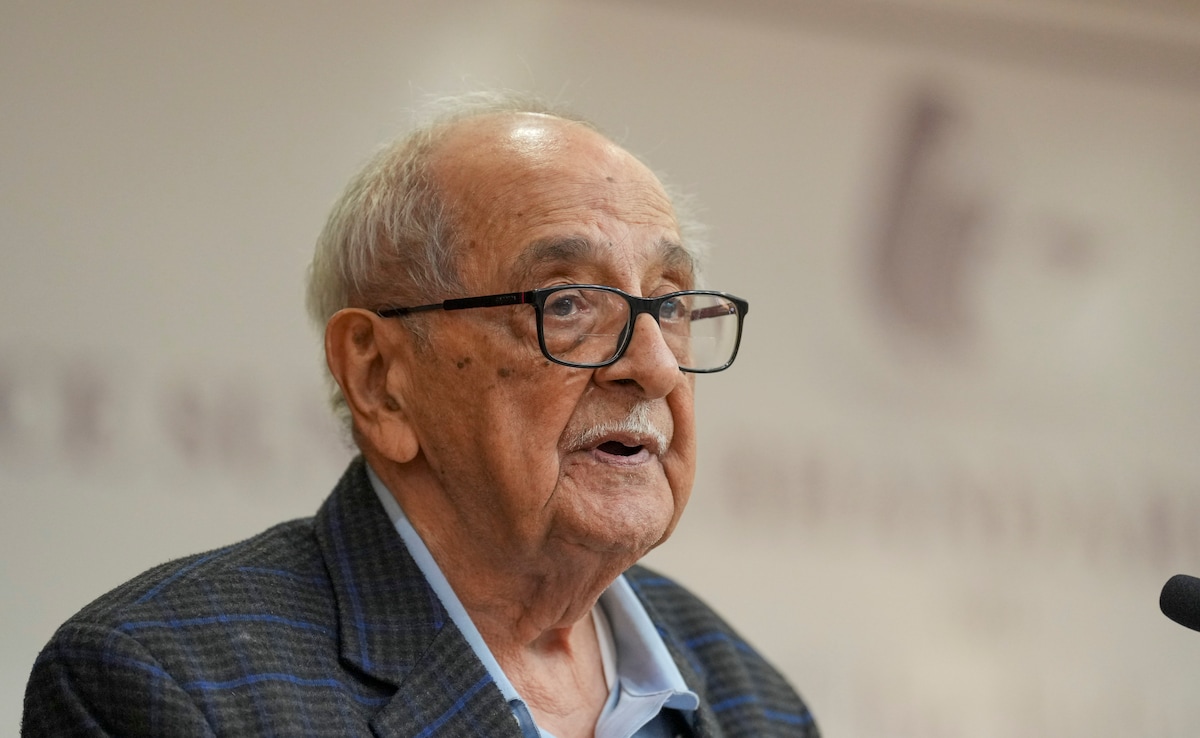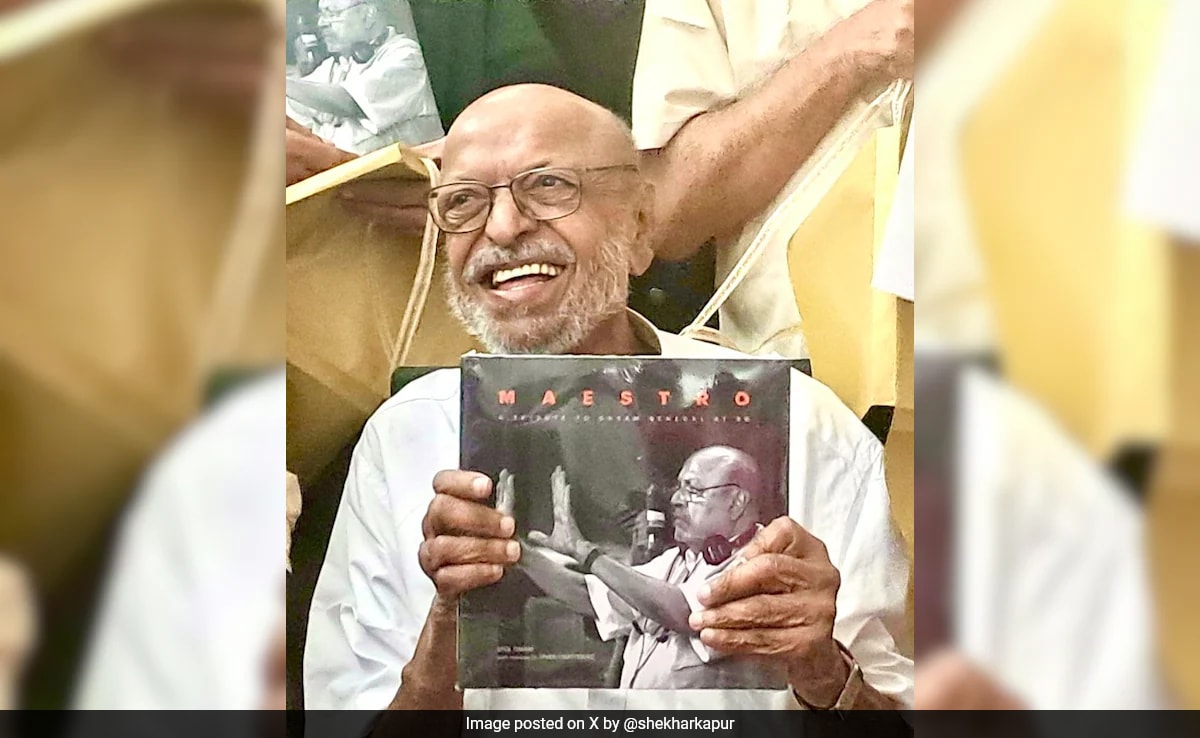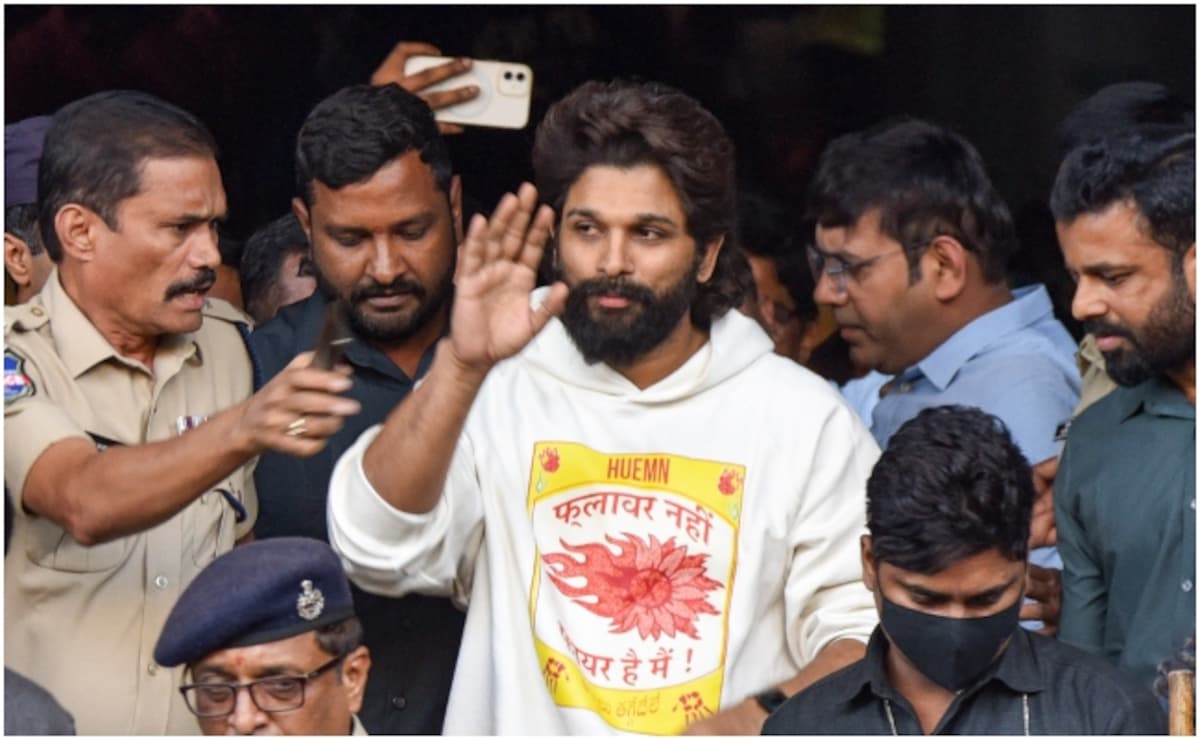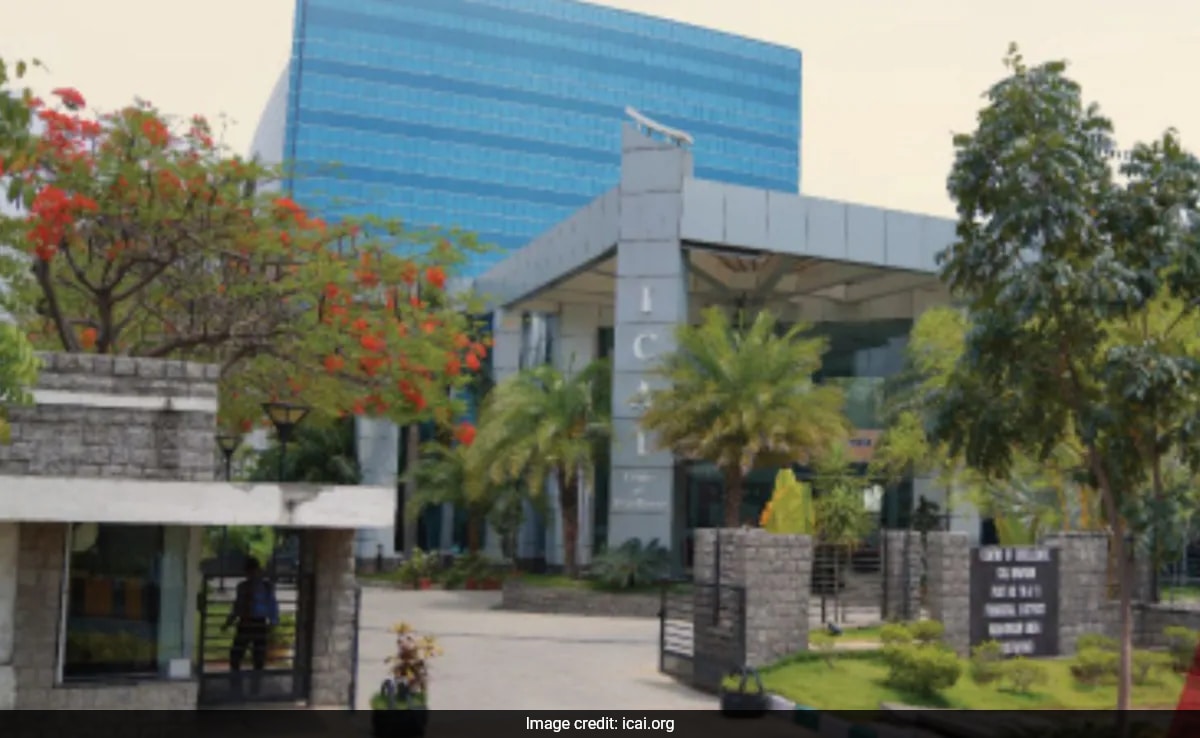Fali S Nariman, distinguished jurist and senior advocate in the Supreme Court, died today. He was 95. The senior lawyer had been suffering from multiple ailments, including cardiac issues. In a career that spanned seven decades, Mr Nariman was part of several key legal matters, many of them related to crucial Constitutional questions.
Some facts about Fali S Nariman:
Born in Rangoon in 1929, he completed schooling from the prestigious Bishop Cotton School in Shimla and then completed a Bachelor’s in Arts from Mumbai’s St Xavier’s College. He got his law degree from Government Law College, also in Mumbai.In an interview to Bar and Bench, Mr Nariman had said “law was the last option for me”. “My father wanted me to take the Indian Civil Service exam, but I knew he couldn’t afford it. I had secured a second class in my B.A. degree and there was no other choice other than law, as I had no sense of science or mathematics,” he had said.He started his legal career in 1950 as an advocate, practising in Bombay High Court. His exceptional expertise earned him the designation of senior advocate in 1961. He moved to the Supreme Court as a Senior Advocate in 1971, a position he retained till the end. He served as Additional Solicitor General of India from 1972 to 1975, when he stepped down to protest the Emergency imposed by the then Indira Gandhi government.A crucial case he was part of was the legal battle in the aftermath of the 1984 Bhopal Gas Tragedy that killed at least 3,800 people and affected lakhs. Mr Nariman appeared for Union Carbide, which ran the facility. Much later, in an interview with Karan Thapar on CNN-IBN, he regretted that decision. “I mean, one is always ambitious at that age. But I found later, but then it’s too late. One can’t walk out of the case one has already taken up… it was not a case; it was a tragedy.”Another key case he was part of was the challenge to the Constitutional amendment to set about a National Judicial Appointments Commission to replace the Collegium system for appointing judges. Arguing against the new system, the jurist had said the proposed commission would be a “complete anathema to judicial independence”.For his contributions to jurisprudence, he was honoured with the Padma Bhushan and Padma Vibhushan and several international awards, including the Gruber Prize for Justice. He was a nominated member of Rajya Sabha between 1999 and 2005 and served on multiple legal panels.
Mr Nariman is survived by his son Rohinton Fali Nariman, a retired Supreme Court judge, daughter Anaheeta and daughter-in-law Sanaya. His wife Bapsi Nariman died in 2020.














